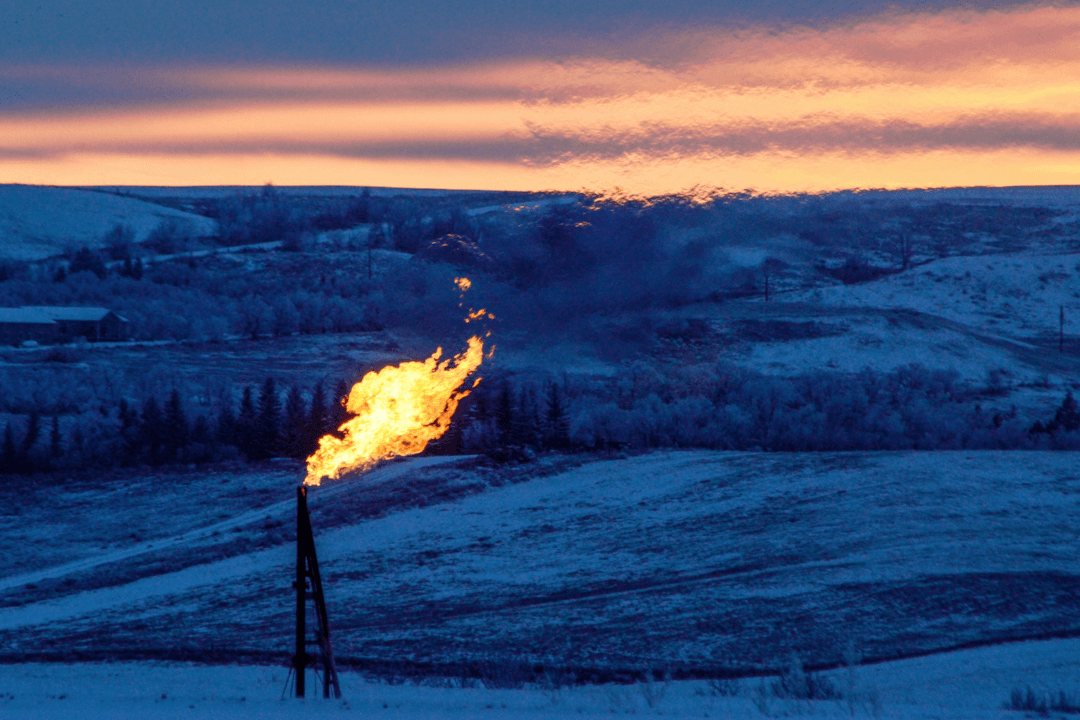Several utility companies urged customers to cut back on power and gas use on Jan. 31 during the brutal freeze blanketing the eastern half of the country after U.S. homes and businesses used record amounts of natural gas for heating on Jan.30.
Harsh winds brought record-low temperatures across much of the Midwest, causing at least a dozen deaths and forcing residents who pride themselves on their winter hardiness to huddle indoors.





